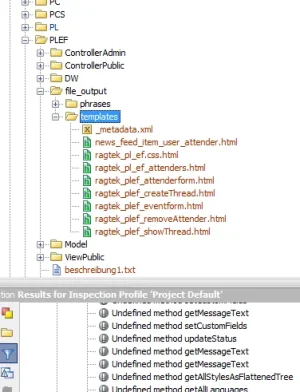Thought you might like to know that I've just finished up our system to allow you to (optionally) fetch front-end templates from the file system, which means that they can be cached with APC, XCache etc.
The code to do it has always been in XenForo, but it's just tonight that I've put the finishing touches to allow it to be used.
That is all
The code to do it has always been in XenForo, but it's just tonight that I've put the finishing touches to allow it to be used.
That is all
